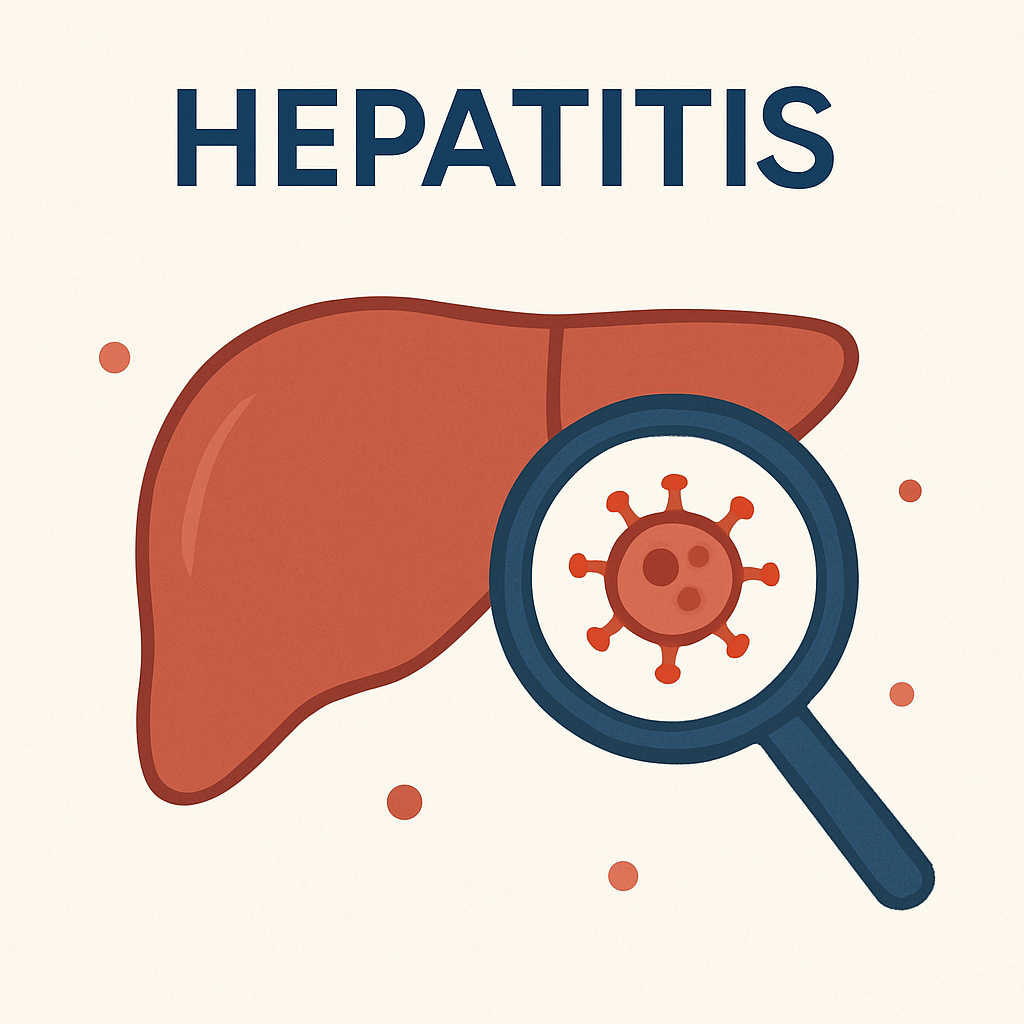
Hepatitis simply means inflammation of the liver, and it can stem from various causes. Viruses are the most common culprits, leading to what we call viral hepatitis. The main types of viral hepatitis are A, B, C, D, and E. Each of these viruses spreads differently and can have varying impacts on your health. For instance, Hepatitis A and E are typically transmitted through contaminated food or water, often in areas with poor sanitation. Hepatitis B, C, and D, on the other hand, usually spread through contact with infected bodily fluids like blood.
Beyond viruses, other factors can trigger hepatitis. Heavy alcohol use over time can lead to alcoholic hepatitis, while certain medications or toxins can cause drug-induced hepatitis. In some cases, the body’s own immune system mistakenly attacks the liver, resulting in autoimmune hepatitis.
Symptoms of hepatitis can be quite varied. You might experience fatigue, nausea, vomiting, abdominal pain, dark urine, pale stools, and jaundice (yellowing of the skin and eyes). However, sometimes, especially with chronic forms like Hepatitis B and C, you might not have any noticeable symptoms for a long time.
Diagnosing hepatitis usually involves blood tests to check liver function and identify the specific cause, such as the presence of a particular hepatitis virus.
Depending on the type and severity, treatment can range from rest and supportive care to antiviral medications. For Hepatitis A, the illness is usually short-term, and the body clears the virus on its own. Chronic Hepatitis B and C often require long-term management with antiviral drugs to prevent liver damage. Vaccines are available for Hepatitis A and B, offering excellent protection against these viral infections. Practicing good hygiene, safe sex, and avoiding sharing needles are key steps in preventing the spread of hepatitis
